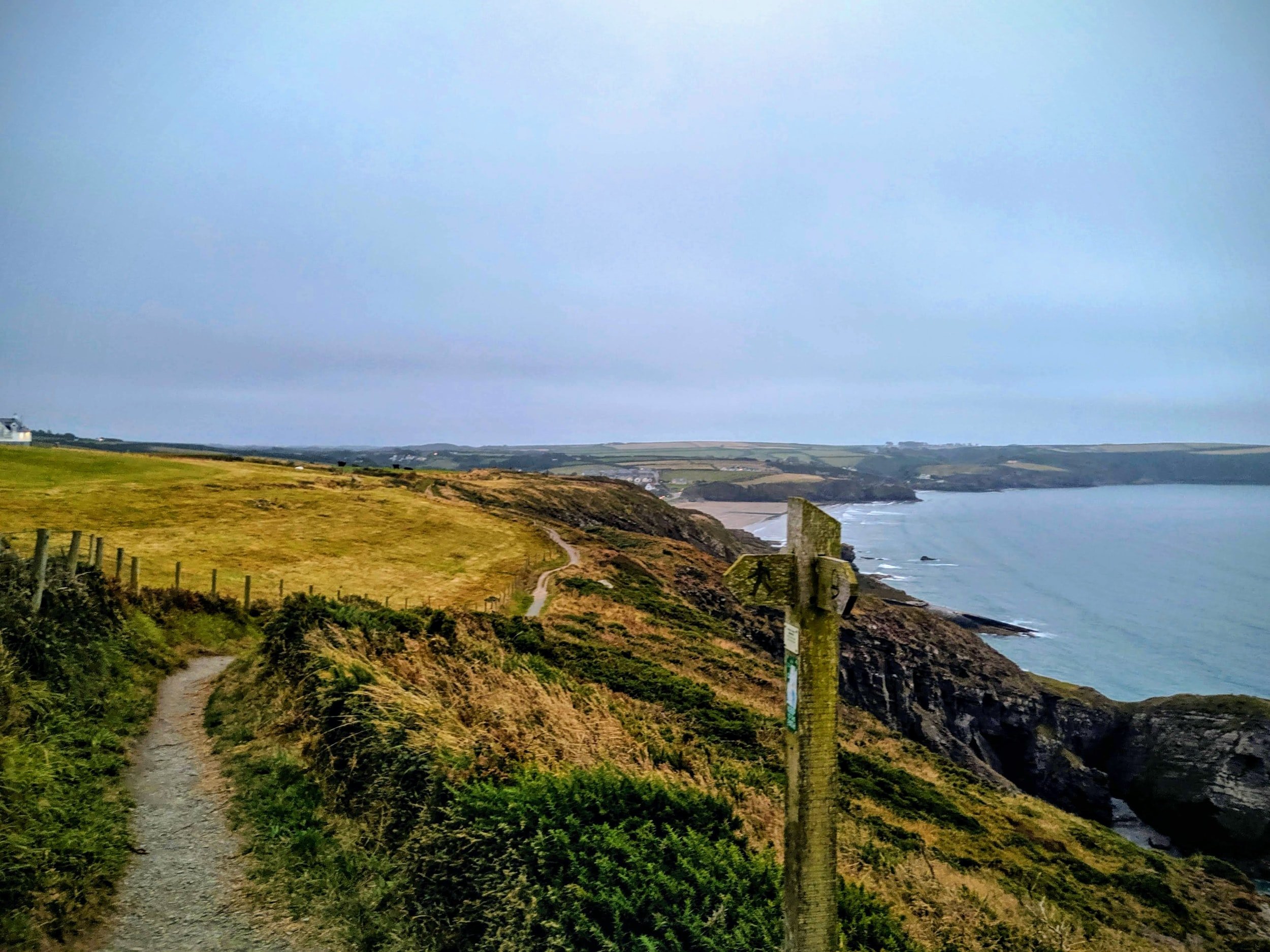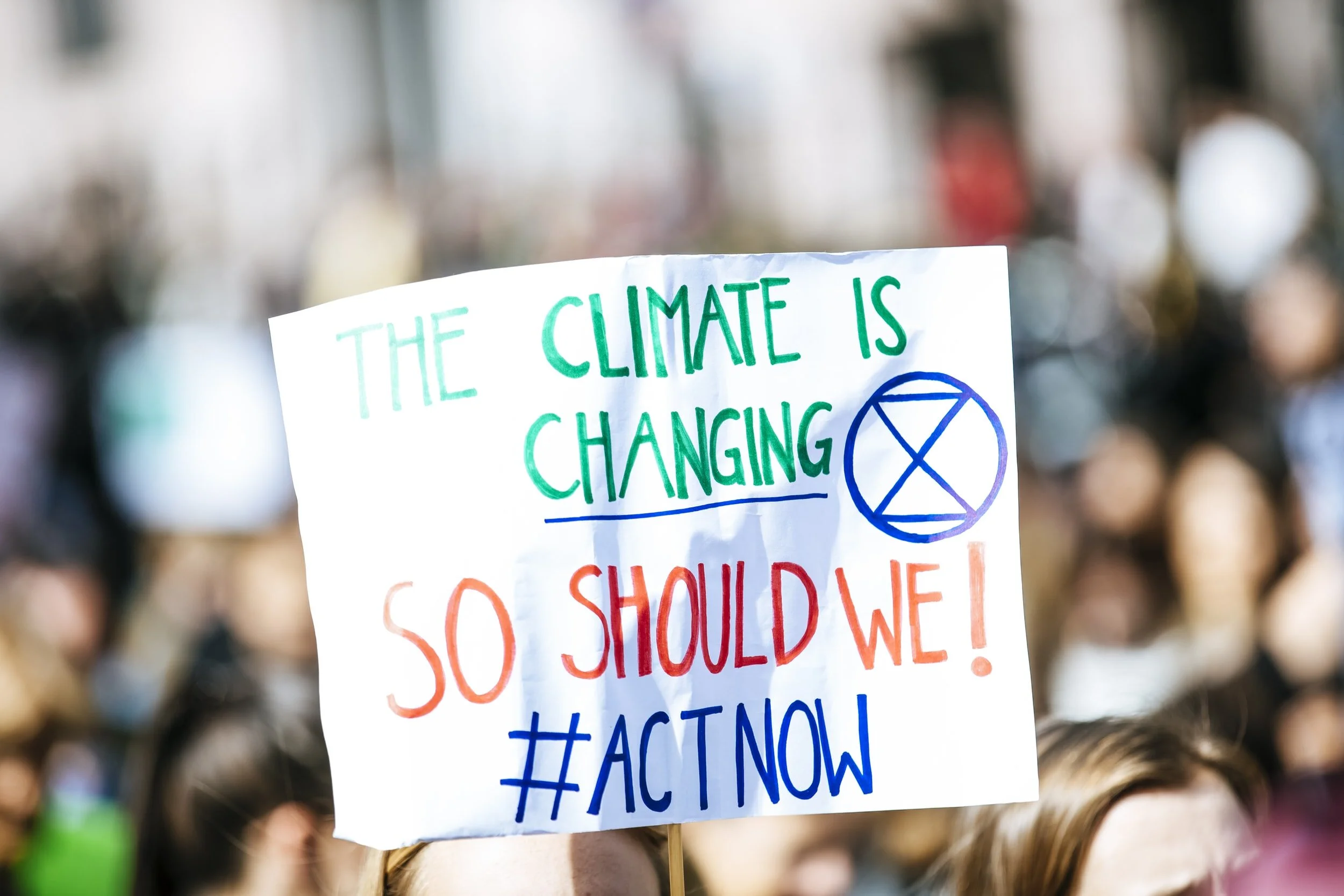The Impact of Travel on Mental Health in Youth
Author: Polly Sadler, Conservation Enthusiast
Read time: 3 minutes
Flooglebinder are travel experts and a certified B Corporation with tour experience in over 75 countries. We curate sustainable bespoke adventures that incorporate sustainability, conservation and wellness. As a BCorp organisation we use business as a force for good, meet the highest standards of verified performance, accountability and transparency, whilst tracking and monitoring our social and environmental impact.
New Experiences
Life can sometimes feel monotonous, and for youth with mental health issues, the routine of everyday life can lead to a feeling of stagnancy and tedium. Travel has been proven to leave a positive influence on the psyche and improve physical and mental health. Many of the tools needed to keep a young mind healthy can be obtained through travel.
“Travelling can help individuals be present and live in the moment”
As a keen explorer, I can clearly recall my early holiday memories. I spent many summers with my family road-tripping around continental Europe or camping in Cornwall. I was always taught the importance of travel, learning about other cultures and expanding my knowledge. Through travel at a young age, I also learnt to put ‘experiences’ before ‘things’ – a notion I have taken with me into adulthood.
At secondary school, I had the opportunity to take a trip around southern Asia and Australia, and I couldn’t have been more eager. From the months of anticipation, the excitement of my first long-haul flight, and exploring places that felt worlds away from home, it was easily one of the best times of my life and had a lasting positive impact on me as an adolescent and into adulthood.
“Shared experiences can result in friends for life”
Going away can help individuals be present and ‘live in the moment’, increasing mindfulness in a world where electronics and social media are so prevalent. Experiencing new cultures and meeting different people allows an individual’s mind to move between ideas and can help develop adaptability and resilience later in life.
“Little wins can feel like huge triumphs for somebody who feels otherwise unaccomplished”
Travel can also be beneficial for those who struggle to learn in a classroom, and for whom traditional methods of education are taxing. Experiential and hands-on learning through travel can give young individuals a new perspective and help them discover new interests that may not have been accessible to them in a classroom. When you travel, you are continuously learning.
The act of simply being outside is said to diminish issues such as anxiety and depression. There is an increasing emphasis around the world to use the great outdoors as a treatment for mental illnesses - even to the point of NHS doctors in Shetland handing out ‘nature prescriptions’. Ecotherapy or ecopsychology is an emerging concept centred around the idea of a person's deep connection with nature. Activities such as meditation and yoga, forest-bathing, wilderness therapy and community gardening or farming are all included in the formal approaches to this treatment, but a simple walk on a beach or time spent in the woods could prove to have therapeutic results.
Having goals and ambitions in life can give somebody a sense of purpose and accomplishment, but for those who are unsure what path to choose, a feeling of unfulfillment can take control. Travel opens up opportunities for an individual, whether it be going on a trek, or simply ordering a meal in a foreign language. These little wins can feel like huge triumphs for somebody who feels otherwise unaccomplished and incapable and can be enormously transformative for mental health.
“Hands-on learning through travel can give young individuals a new perspective”
Life at home can be busy, and many people find it hard to make time in their schedules for physical activity. Travelling often goes hand in hand with activities like cycling, swimming, hiking or even just exploring a city on foot (exercise doesn’t have to mean running a marathon). Physical exertion is scientifically proven to release hormones in your brain and around the body, and make you ‘feel better’. An active routine is said to release serotonin - stabilising mood and relieving stress, dopamine - responsible for motivation and reward, decision making and memory, and endorphins - triggering a positive feeling in the body and diminishing perception of pain. Sometimes, individuals implement their newly discovered active hobby into their home lives, even if infrequently.
“Travel will continue to benefit young people into adulthood and through life”
For many, socialising can be a challenge in itself. Isolation can lead to loneliness and depression – which has become increasingly problematic since the multiple lockdown periods of the COVID-19 era. Travel can result in meeting and getting to know people who you may not otherwise speak to. Socialising while travelling can help you celebrate differences and realise similarities with new people - shared experiences can result in friends for life and do wonders for future communication skills in adulthood.
Although proven to have a positive impact on mental health, travelling can also be triggering for those suffering from anxiety and similar issues. Jet lag, unfamiliar surroundings, delays and crowds can all be overwhelming and can have a negative impact. Travel in a post-COVID-19 era can be especially stressful. Below are some tips to protect mental health during travel –
Make plans for talking to loved ones – even if it’s not every day, the certainty that you will get to talk to them at an arranged time will bring you some comfort. This might also mean getting a sim card in your destination if 4G or Wi-Fi is not common.
Bring some home comforts – the familiarity of items from home can be a lifesaver in an unfamiliar place. This could be a favourite snack, or if there’s space, your pillow! Additionally, if you have a tv show, podcast or audiobook that helps you relax, try downloading it to your phone so you are able to watch/listen wherever you may be.
Plan for difficult situations – this could mean arriving at airports early, carrying extra snacks with you, or ensuring you have a power bank for your phone battery. Planning for situations you know will cause you stress can help reassure you.
Take time for yourself – whether this means having a nap, watching an episode of your favourite show, reading, or just being alone for a while. Travel can be stressful and taking a bit of time to yourself can prevent feelings of being overwhelmed.
The impact of travel on mental health in youth is vast and widespread. From building confidence and improving communication skills to learning new cultures and sampling new cuisines, travel at a young age provides a multitude of tools that will continue to benefit young people into adulthood and through life.


































